Zeroth Law:
It is our common experience that when a hot body is kept in contact with a cold body, the cold body starts getting hotter while the hot body starts getting cooler. But this process does not continue indefinitely. Soon we find that the process ceases and there is no change taking place in the thermal conditions of the two bodies. We say that the two bodies have come in thermal equilibrium.
Experimentally the following law has been found concerning the thermal equilibrium when there are more than two bodies-
When two bodies A and B are separately in thermal equilibrium with a third body C, then the bodies A and B are in thermal equilibrium with one another. This law is known as the zeroth law of thermodynamics.
The above statement is so evident that it was not thought necessary to formulate it as a law, however, after the formation of the first and second law of thermodynamics, it was felt that the above statement should be accepted as one of the laws of thermodynamics. Since this law logically precedes the first and the second laws of thermodynamics the number zero was associated with it and hence it is now known as zeroth law.
The zeroth law brings out an important fact that if a number of bodies are in thermal equilibrium with one another, then obviously they must have a common value of some characteristic which decides the exchange of thermal energy amongst them. We call this characteristic temperature. Thus,
Temperature is defined as that characteristic that has the same value for all bodies that are in thermal equilibrium.
Temperature is a useful idea, zeroth law leads to the conclusion that temperature is a physical quantity that can be measured. For measuring temperature we use a thermometer. To understand how zeroth law enables us to define temperature as that property that decides whether or not two bodies will be in thermal equilibrium, let us consider the two bodies A and B and the thermometer as the third body T.
Suppose we put body A and thermometer T in thermal equilibrium and note down the thermometer reading. After this suppose we put body B and thermometer T in thermal equilibrium and read the thermometer again. If the thermometer reading is the same in two cases, we deduce that A and B are in thermal equilibrium and this equilibrium is specified through the reading of the thermometer.
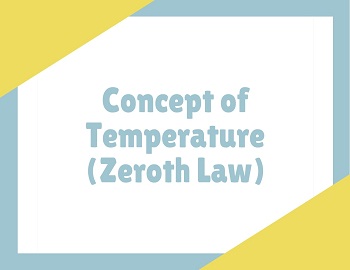

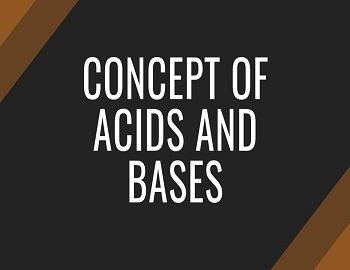
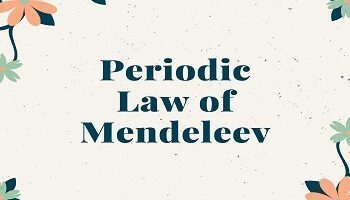
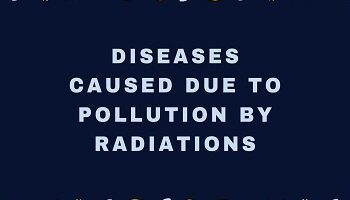
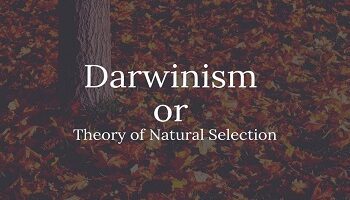


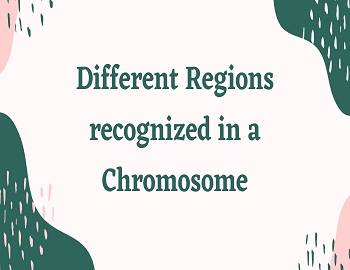
Comments (No)